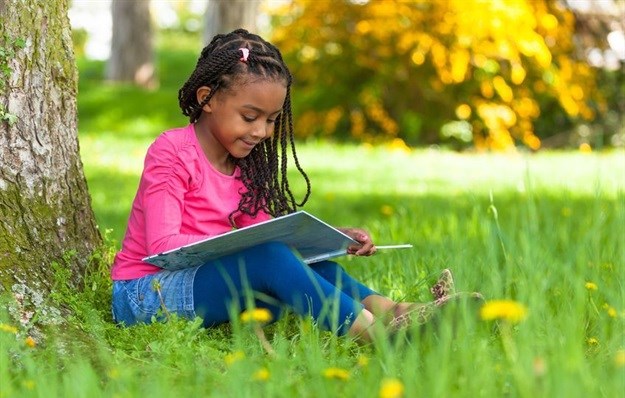






The follows the release of the 2016 Progress in International Reading Literacy Study (PIRLS) Results on Tuesday.
“The 2016 PIRLS results, are lower than what we had expected. The score of the Grade 4 learners is significantly below the PIRLS centre point of 500; while 78% of the Grade 4 learners, were unable to reach the lowest benchmark,” said Minister Motskehkga.
The study measured literacy rates between 2011 and 2016 and saw South African learners come last in the study.
Results show dismal performance and efficiency in reading by Grade 4 learners, the grade considered the most crucial for learners. It is from this grade when learners begin to use reading to learn in other subjects.
The Minister said the results are of particular concern because the attainment of an improved and quality education system rests on the shoulders of the early grades that set the foundation for higher grades.
Illiteracy at this point, is compounded by the transition of some learners who use home languages and have to transition to using English in Grade 4.
Reflections of the 2016 PIRLS Report include:
The Department of Basic Education (DBE) said it has several initiatives to improve the situation, these include:
Annually, as part of the “Read to Lead Campaign”, the department hosts the National Spelling Bee South Africa, which targets Grade 4 to 6 learners. It is aimed at improving learners' performance in languages, especially in English.
The department also plans to focus on learners who have the potential to improve their scores to above 400 points.
This will positively influence the results even further in the next PIRLS cycle.
The department said the profile of reading comprehension at this level, will assist the sector to identify areas where basic reading skills can be improved.
If the areas are identified, there is potential to improve the country’s results in the next PIRLS cycle.
SAnews.gov.za is a South African government news service, published by the Government Communication and Information System (GCIS). SAnews.gov.za (formerly BuaNews) was established to provide quick and easy access to articles and feature stories aimed at keeping the public informed about the implementation of government mandates.
Go to: http://www.sanews.gov.za